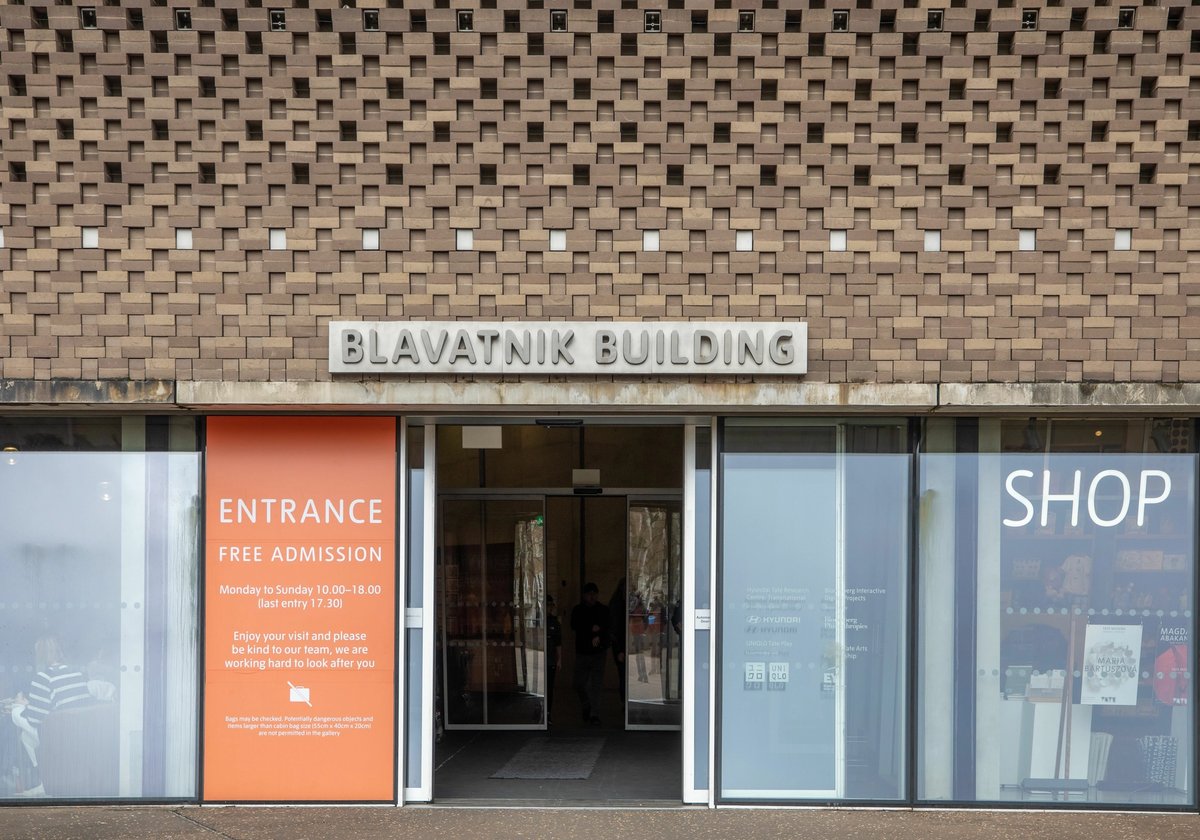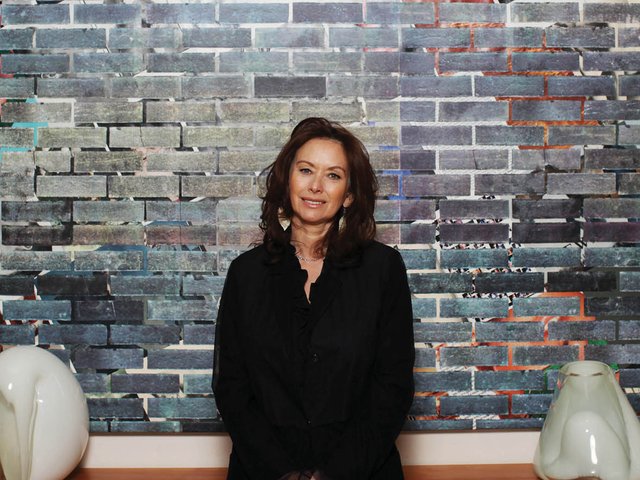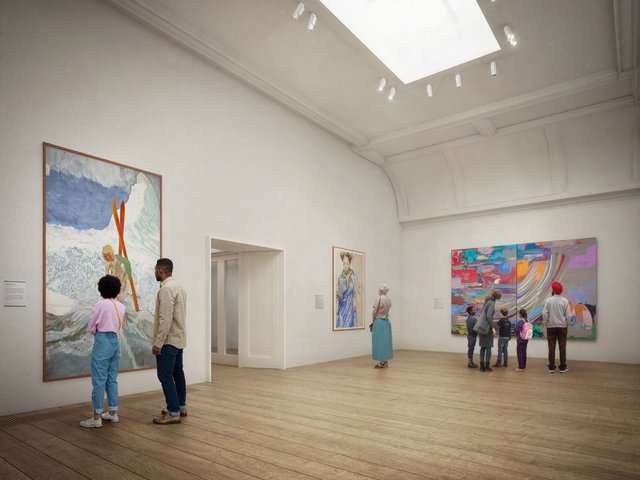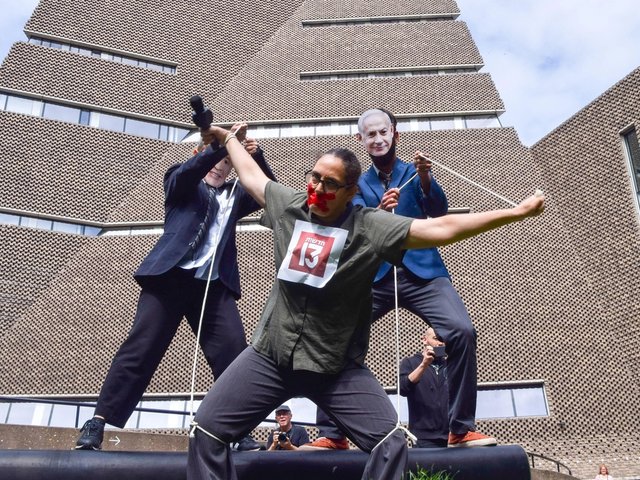The businessman and art philanthropist Leonard Blavatnik has seen his fortune fall by more than £3bn according to the Sunday Times Rich List, the anticipated annual rankings of the wealthiest people based in the UK that was published yesterday.
This year Blavatnik is at number three, with an estimated fortune of £25.7bn derived from investment, music and media, down from worth £29.2bn last year. The Ukraine-born businessman, who made his fortune in the aluminium and oil trades in the 1990s, gave Tate Modern £50m for its new extension in 2017. The new wing was subsequently renamed the Blavatnik Building.
Blavatnik continues to make his presence felt in the UK culture sector. The V&A East Storehouse, due to open later this month in Stratford, will host the David Bowie Centre which launches 13 September. The archive and collection of Bowie was acquired in February 2023 with a £10m donation from the Blavatnik Family Foundation and Warner Music Group.
The shipping tycoon Idan Ofer, at no.5 on this year's Rich List (£20.1bn), owns works by Picasso and Van Gogh, says The Sunday Times. The Idan and Batia Ofer Family Foundation, founded with his wife, contributed to a major fundraising campaign in 2023 which helped the National Portrait Gallery in London jointly acquire Joshua Reynolds’s Portrait of Mai (Omai).
Other high-profile art world entries on the list include the collectors Poju and Anita Zabludowicz at number 110 (£1.5bn; unchanged from last year). The Zabludowicz couple started collecting in 1994, amassing more than 8,000 works by 600 artists. In 2023, they closed their gallery space in north London.
The Sunday Times says that “Poju’s father built the family fortune through an Israeli defence contractor”. In 2021, 25 artists “deauthored” their artworks in the Zabludowiczs’ collection because of the London couple’s links with Israel. On their website, the couple say that they “passionately support a Two-State Solution that guarantees the rights of Palestinians and Israelis to live and work side by side in peace”.
Another art philanthropist, Denise Coates, founder of the controversial online gambling company Bet365, is at number 16 (£9.4bn, up from 2024 when her worth was estimated at £7.5bn). She funded the eponymous Denise Coates Exhibition Galleries at the Courtauld Gallery in London.
Elisabeth Murdoch, the daughter of the media tycoon Rupert Murdoch and founder of philanthropic organisation the Freelands Foundation, is worth £1.2bn and sits at number 131, the same position as last year. The hedge fund tycoon Paul Marshall, who last year acquired Apollo magazine, one of the UK’s most established art journals, is ranked at 188 (£850m, down from £875m last year).
All figures are estimated by a team of researchers and journalists who rank the 350 richest people according to a “calculation of their overall wealth”.
The Sunday Times explains how the list was compiled, saying: “The compilers of the Rich List measure identifiable wealth, whether land, property, racehorses, art or significant shares in publicly quoted companies. We exclude bank accounts to which we have no access and small shareholdings in a private equity portfolio. The actual size of their fortunes may be much larger than our conservative figures.”
This year — the 37th edition — has been one of the toughest to compile due to Donald Trump’s tariffs and the ensuing stock market turbulence, say the Rich List researchers. “It shows the third year in a row that collective wealth has fallen and the biggest drop in the number of UK billionaires in the Rich List history. It is a stark reflection of the state of UK wealth.”
The Rich List report discusses tax changes brought in under the Labour government, including abolishing non-dom status whereby certain affluent UK residents did not pay tax on their overseas income. The policy, started by the Conservative party, has prompted wealthy collectors to move to countries with more lenient fiscal regimes such as the UAE and Italy.






